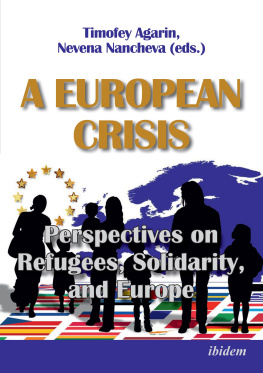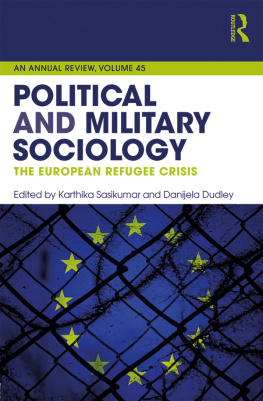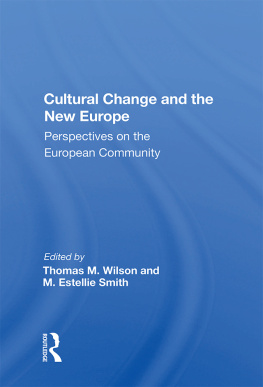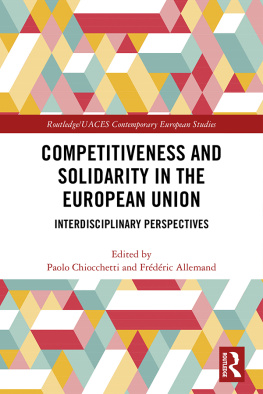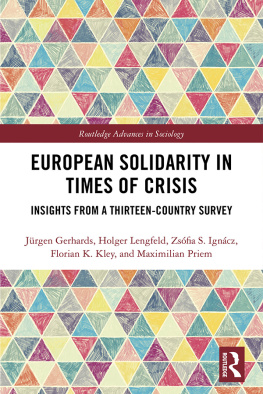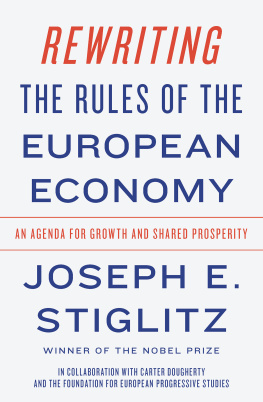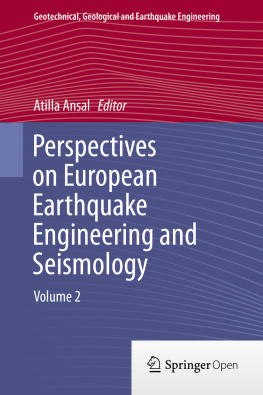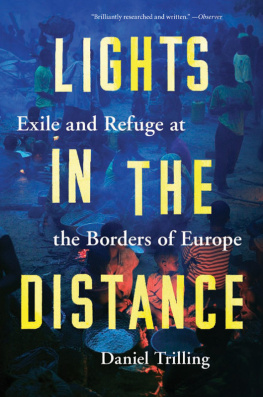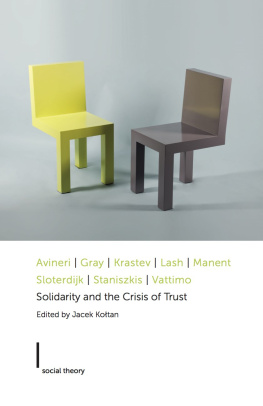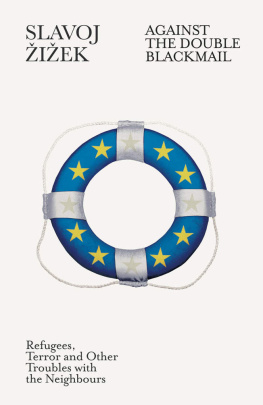A European Crisis: Perspectives on Refugees, Europe, and Solidarity
Nevena Nancheva, Kingston University London
Timofey Agarin, Queens University Belfast
The theme of crisis punctuates this volume, either with reference to refugee migration of recent years or to Europe as a political project, as a geopolitical space, as a security community, as a common market and as a community of shared values. What is the nature of the crisis and why does the crisis narrative link refugees with Europe? This is the question leading the investigations offered within this collection of contributions from early- and mid-career scholars from across Europe and beyond. The purpose of this volume is to showcase a diverse range of perspectives and enhance our understanding of the complexity of the crisis narrative, as well as of the European condition that it describes.
1. Why Crises?
Crisis: refugee crisis; economic crisis; crisis of legitimacy. We seem to have taken for granted the veracity of these statements when applied to the European space and do not question the crisis narrative or its attachment to the governance of refugees, the economy, or the public sphere. But why should the theme of refugee migration be linked to European integration through the narrative of crisis? After all, refugees were conceived as deserving of international protection in Europe and within inherently European conditionsleading to the conception of the European integration project at around the same time. Governing refugee migration by formulating the highest standard of protection over the course of the second half of the 20th century had become an important aspect of European identity embedded in the European Union (EU) human rights dimension and enforced through Article 18 of the Charter of Fundamental Rights (in force since 2000 and legally binding since 2009). Yet, somehow, over the course of the past decade, refugee migration to Europe has become interwoven into the narrative of crisis, not only as a crisis of migration, butmost significantlyas a crisis of European integration. A search for answers as to why this should be the case is what originally inspired and connected the contributions gathered in this volume.
Increased refugee migration to Europe in recent years, in particular (but not only) since the start of the Syrian civil war in 2011, has been especially difficult to manage for those states situated along the southern external border of the EU, where the main refugee migration routes entered European territory. Nevertheless, refugee migration has not had a dramatic impact on the domestic stability, the security of these member-states, on their visions of themselves as communities of belonging, nor on the rationale of their citizenries as owners of their polities. Indeed, as our contributions demonstrate, in these southern EU member-states institutional and civil society attitudes towards refugees have remained overwhelmingly positive, security policies have resisted the co-optation of refugees as security threats and national identity constructions have thrived on inclusion of refugees. In contrast, refugee migration seems to have undermined the stability of the European integration project, its vision of common security and its rationale as a transnational community of belonging and even as a supranational polity with its own decision-making capacity. What explains this apparent paradox?
One relatively obvious explanation can be found in the supranational governance of asylum in the EU, formalised since 2013 with the launch of the Common European Asylum System (CEAS). This development happened to coincide with the onset of the period of increased refugee migration to the EU commonly described as the refugee crisis.
Even before the CEAS, the governance of asylum in the EU had been joint, originally through purely inter-governmental mechanisms (through the Treaty of Maastricht), and then through communitarian decision-making (through the Treaty of Amsterdam), and finally through supranationalization proper (since the Treaty of Lisbon). The ambition to harmonise asylum across the member-states by establishing a common asylum policy had gone hand in hand with the establishment of the area of freedom, security and justice which marked the creation of the EU as a supranational Union in 1992. The process of negotiating the first Dublin Convention on harmonizing asylum (initiated at the European Council in Strasbourg in 1989), which entered into force in 1997, paralleled the creation of the Schengen Area of open internal borders (1995) and the incorporation of the Schengen treaties into EU law following the Treaty of Amsterdam (1999). Common asylum governance has thus become firmly associated with the idea of an ever closer union. The numerous challenges that increased refugee migration posed to the functioning and rationale of such union have naturally been linked to flaws in the operation of the EU, which upheld the CEAS as the common policy through which to govern inward refugee migration. Had the EU not taken up the supranationalization of asylum, the counterfactual conditional would suggest, it would not have become so vulnerable to the impact of refugee migration.
The contributions to this volume, however, paint a much more complex picture. Leaving aside arguments about the (in)dispensability of a common asylum policy to the functioning of the EU (with respect to open borders, internal and home affairs and common market), increased refugee migration to Europe has highlighted a problematic aspect of the European integration project. This is the uncertain and ambiguous basis of what solidarity means within the EU and among its member-states. Interrogating the meaning of solidarity and the various dilemmas it can pose, the contributions to this volume study the narrative of crisis in terms of its impact on the project of European integration.
Migration Studies, Political Science, Security Studies, Political History, European Studies, International Relations, Sociology, and Political Philosophy all offer invaluable perspectives on the study of refugee migration to the EU and its connection to narratives of crisis: legitimacy crisis, economic crisis, refugee crisis. Many of these perspectives are assumed in this volume, studied through case studies, discourse analysis, policy analysis and historical-institutional analysis, as well as empirically through questionnaires and semi-structured interviews with civil society activists and interviews with bureaucrats and policymakers. The multi-coloured disciplinary and methodological palette of this collection offers a rich filter for understanding the context of refugee migration to the EU and its link to the narrative of crisis. It also reveals the problem of solidarity as intrinsically linked to this phenomenon.
2. The EU as an Actor: Are We Expecting Too Much?
Before we engage in a more in-depth manner with the problem of solidarity, however, we must identify the actors that constitute this concept. Who are these actors, precisely? The EU? Its member-states? Its citizens? Traditional political science is built upon understanding the relationship between a citizenry and the polity by which it is governed classically, the nation-state. Scholars of EU politics heavily ground their work in the assumptions built from this body of knowledgeand often apply such assumptions uncritically in assessing EU developments. But without a steady eye on the categorical differences between the nation-state and the EU, our understanding of EU developmentsincluding crisis and refugeeswill be flawed. This is why our first step in approaching this challenging subject is engaging with our assumptions about EU actorness.
The problem of actorness is revealed in two interrelated concerns we witness in every political and scholarly debate about the European crisis. First, there is no agreement on which aspects of this crisis are germane to the design of EU institutions and the EU policy-making process. Second, much of the alarmism about the impact of the crisis on Europe is a product of little more than a pedestrian assessment of what the EU is and where it is going. This means that we first need to determine whether we are, indeed, dealing with a crisis situation, or whether this is

